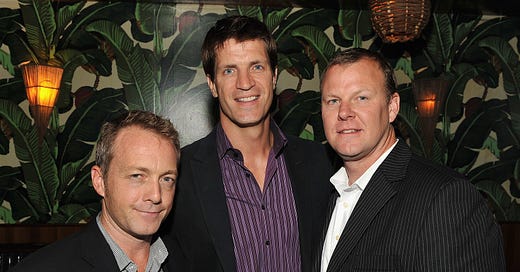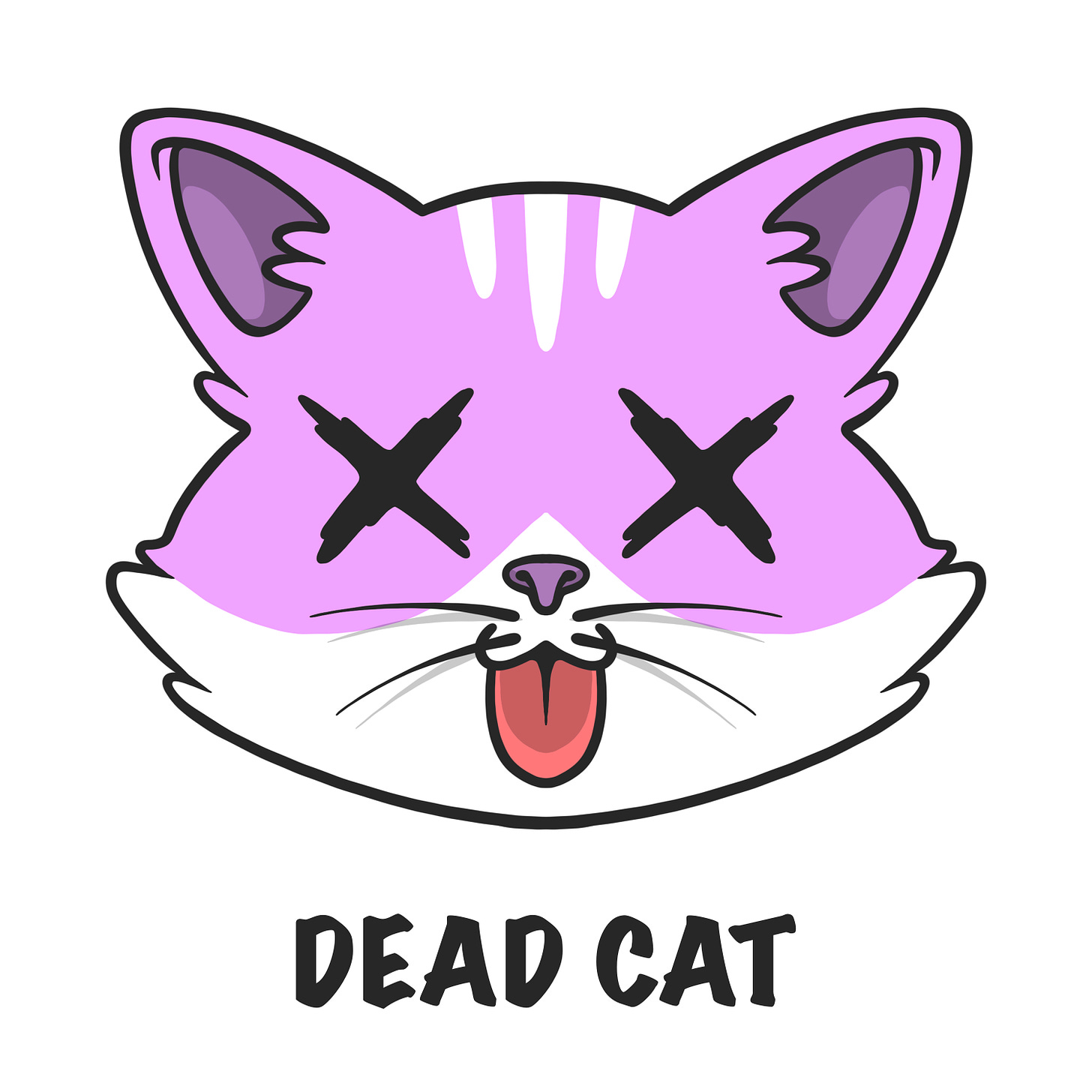In 2011, Google brought the hammer down on Demand Media. The search giant changed its search algorithm and sent Demand Media’s stock plummeting. The company had built web traffic by paying an army of independent writers — including Dead Cat co-host Tom Dotan — to write low-effort posts that ranked highly on Google search results.
The kneecapping of Demand Media’s content farm was a precursor to the platform wars of the next decade. Facebook became famous for building up ecosystems — whether it was social games or video news content — only to pull the rug out from the companies trying to play to the algorithm.
Tom and I take a trip down memory lane with former Demand Media CEO Shawn Colo. He gives us a clear-eyed portrait of the company’s business strategy at the time and what brought it back down to Earth. Demand Media, co-founded by former Myspace executive Richard Rosenblatt, was for a brief moment more valuable than the New York Times, which had a content play of its own in About.com.
Demand Media offers a case study for the challenges of media businesses: if the content is cheaply made, then it doesn’t have staying power; if the content is costly to produce, then the business will have low profit margins. It’s also a potent reminder as to how the companies that were once essential identifiers of a current moment in business can disappear from our collective memory.
Colo — today the founder of investment firm 3L — identified some private companies to watch in the media business today. For his part, he has mixed feelings about the sector these days.
He’s an investor in warehouse delivery company GoPuff, which we talk about toward the end of the conversation, and telehealth company Ro.
Colo reveals that 3L’s second fund, which he’s already investing out of, is going to end up totaling between $400 and $500 million.
Colo advises us that “if you’re making money, guys, the best strategy is to make money quietly.”
Give it a listen.















Share this post